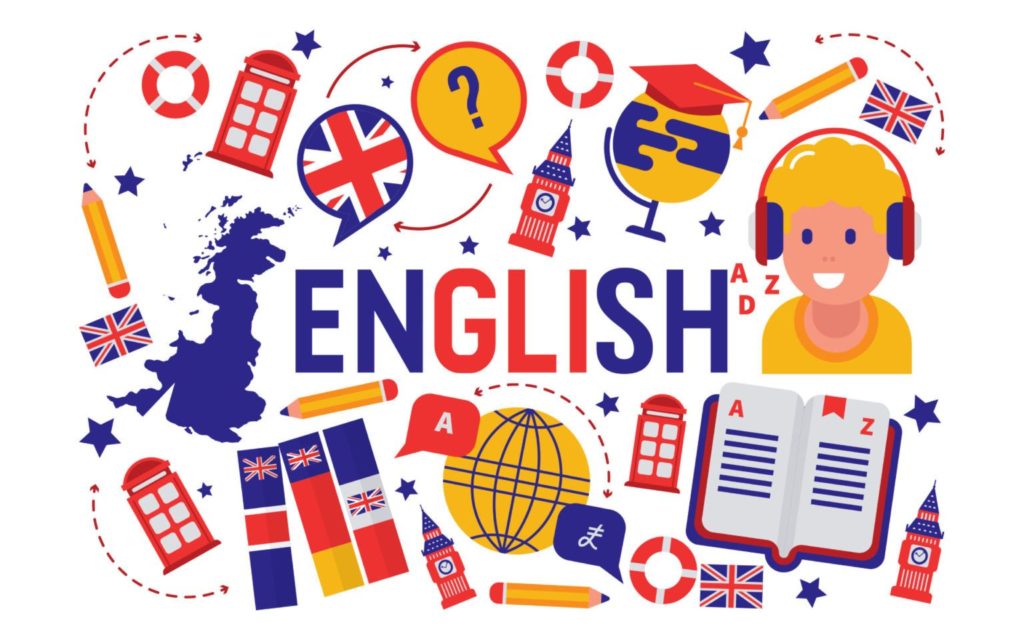
Writing in a language other than your own can be a bit daunting because seeing your mistakes on paper (and the corrections that come with them) might leave you feeling disappointed. However, like every skill, your written English can be improved with a bit of time and practice. If you are studying alone, it is a good idea to ask a native speaker to look over your work. If you are studying with a teacher, it never hurts to ask for extra resources or exercises that you can work on at home. Whichever path of study you choose, there are a few steps you can follow to improve:
If you don’t revise your grammar your writing will not be as strong as you’d like it to be. That doesn’t mean you have to know everything before you can write an essay, but it does mean you should revise what you learn regularly. One of the benefits of the internet is having a wide range of online resources readily available. Have a look at English Grammar or Perfect English Grammar to test your skills, regardless of your age or level.
One of the best ways to make your writing interesting is to make use of a varied vocabulary. That means making note of the new words you hear whether you are out with your friends or in the classroom. Ask the person who said it what it means or try to look it up and try to use it as soon as you can. When you learn a new word don’t just learn its meaning – try to find different ways to use it in a sentence. If you’ve learned a new verb, find out which prepositions it uses or check if it has an irregular plural if it’s a noun.
One of the best ways to master writing is to read. Reading English regularly will introduce you to different styles of writing and get you familiar with the language. You don’t have to start with books aimed your age group either. Children’s books offer a quick and easy way to start reading any new language.
Once you feel comfortable reading English, try to find more books by writers you admire so you’ll be more likely to keep up the habit. Reading regularly will also help you to improve your spelling and to see how to construct sentences and use words correctly.
Linking words are useful and important elements in sentences and essays. They help you to connect your ideas coherently and in the right sequence as well as adding or summarising information, giving examples and results, emphasising a point, and comparing or contrasting ideas. They also help to improve your flow of writing by creating longer sentences as you expand on different ideas.
There are many, many linking words at your disposal in the English language so don’t feel like you have to learn them all at once – start slowly by learning a few new words each week.
Bring all of the above together and begin. Simply studying grammar and vocabulary and reading regularly won’t help you if you don’t pick up a pen and start writing. Try to get into the habit of writing every day – an easy way to do this is to keep a journal. Keep it simple and practice your narrative tenses by writing down what you did during the day as well as your plans for the rest of the week. As you become more comfortable, include more descriptive language and practice using idioms and reported speech.
Where possible, ask a friend or a teacher to proofread your work regularly so you can catch any glaring errors early and make a note not to repeat them. With time, patience, and practice you will find writing starts to feel more natural and soon you’ll be able to write longer paragraphs and essays easily with fewer mistakes.
Enroll in Express English IELTS Preparation Course to excel in listening, reading, writing and speaking skills.